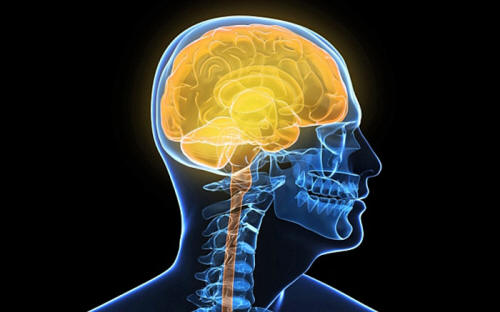|
by Sarah Knapton from Telegraph Website
Photo: AP
has found that two networks of genes determine whether people are intelligent
or not so bright.
Genes which make people intelligent have been discovered and scientists believe they could be manipulated to boost brain power.
Researchers have believed for some time that intellect is inherited with studies suggesting that up to 75 per cent of IQ is genetic, and the rest down to environmental factors such as schooling and friendship groups.
But until now, nobody has been able to pin-point exactly which genes are responsible for better memory, attention, processing speed or reasoning skills.
Now Imperial College London has found that two networks of genes determine whether people are intelligent or not-so-bright.
They liken the gene network to a football team. When all the players are in the right positions, the brain appears to function optimally, leading to clarity of thought and what we think of as quickness or cleverness.
However when the genes are mutated or in the wrong order, it can lead to dullness of thinking, or even serious cognitive impairments.
Scientists believe that there must be a 'master switch' regulating the networks and if they could find it, they could 'switch on' intelligence for everyone.
Genetic testing is already used on a disease by disease basis within the NHS. Photo: Alamy
In the study, published in the journal Nature Neuroscience, the team of researchers looked at samples of human brain from patients who had undergone neurosurgery for epilepsy.
They analyzed thousands of genes expressed in the human brain, and then combined the results with genetic information from healthy people who had undergone IQ tests and from people with neurological disorders such as autism spectrum disorder and intellectual disability.
They conducted various computational analyses and comparisons in order to identify the gene networks influencing healthy human cognitive abilities.
Remarkably, they found that some of the same genes that influence human intelligence in healthy people were also the same genes that cause impaired cognitive ability and epilepsy when mutated, networks which they called M1 and M3.
Dr. Michael Johnson added:
Earlier this year a team at King's College London discovered that up to 65 per cent of the difference in pupil's GCSE grades was down to genetics, after analyzing genetic data from 12,500 twins.
They found that all exam results were highly heritable, demonstrating that genes explain a larger proportion of the differences between children, between 54 and 65 per cent.
Grey matter was thought to be behind intelligence.
Previously it was thought that intelligence was determined by the formation of the cerebral cortex, the outermost layer of the human brain, also known as 'grey matter.'
Grey matter plays a key role in memory, attention, perceptual awareness, thought and language.
In contrast shared environmental factors such as home and school environment contributed between 14 and 21 per cent. The rest was made up by individual external influences such as diseases or friends.
Report author Professor Robert Plomin believes that children should be genetically screened at the age of four so that an individualized curriculum could be tailored to their needs.
However other genetics experts have warned that even having intelligence gene networks does not guarantee success.
Darren Griffin, Professor of Genetics at the University of Kent, said:
|




